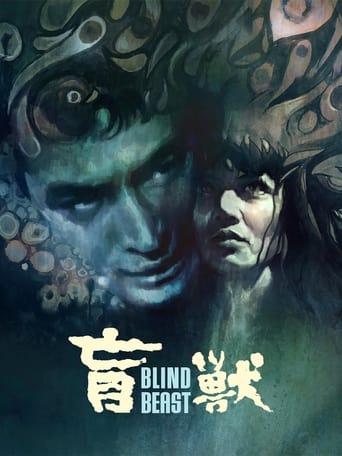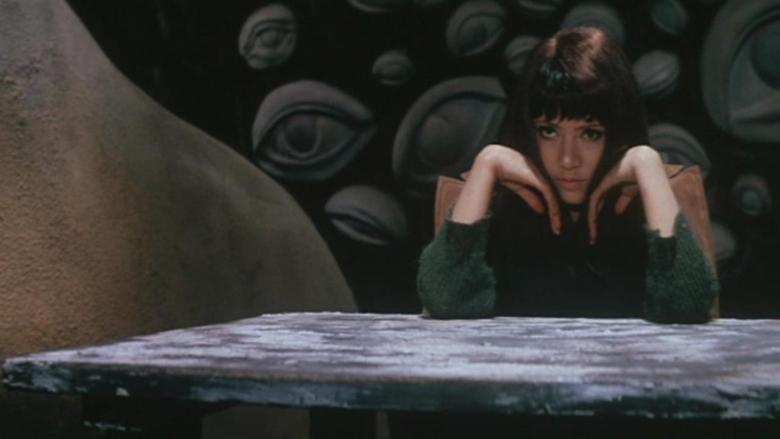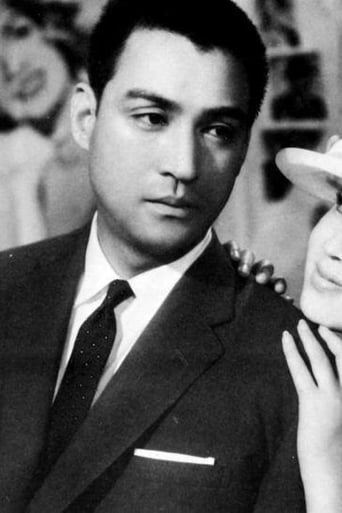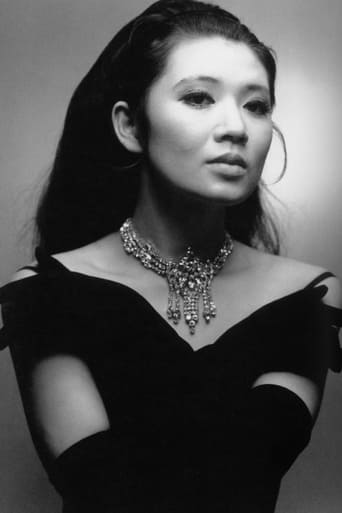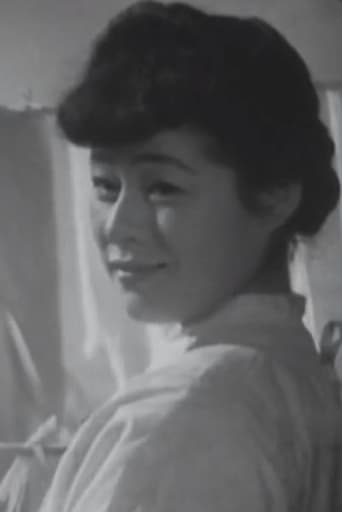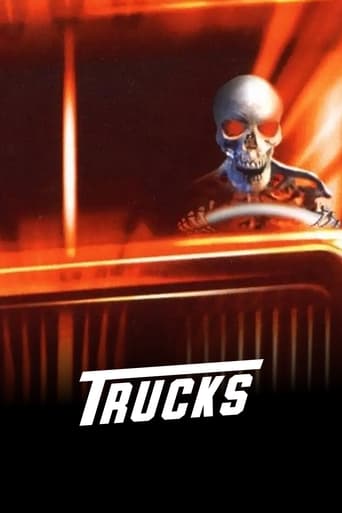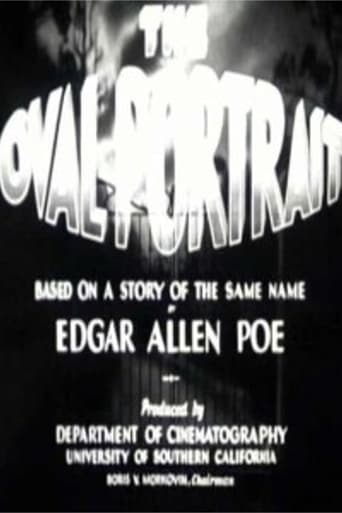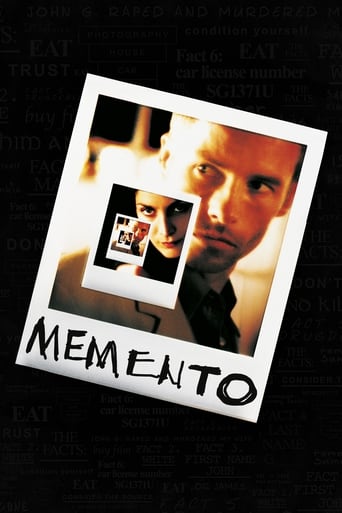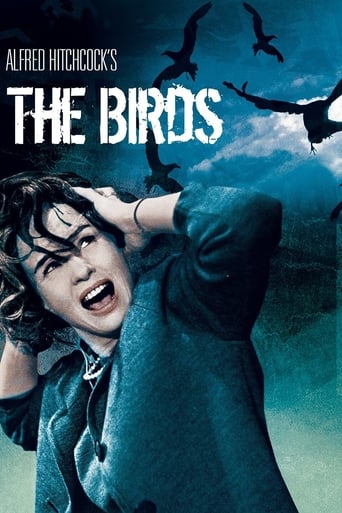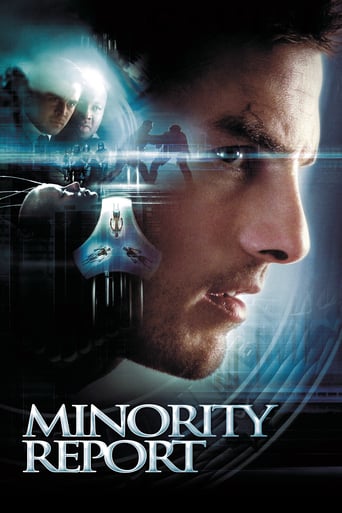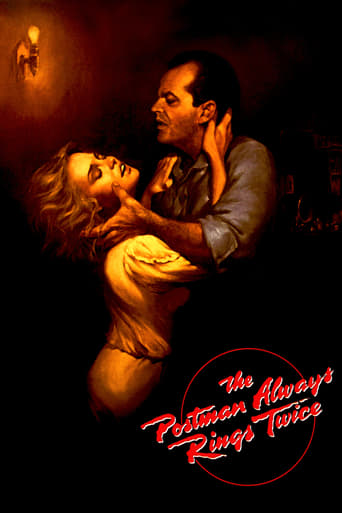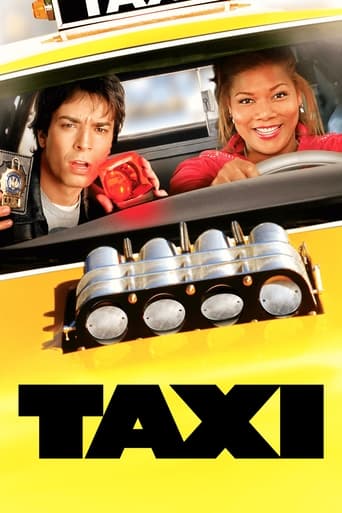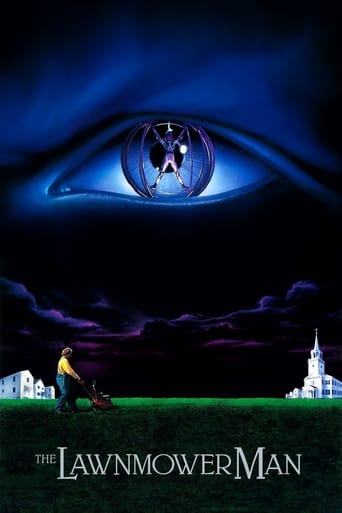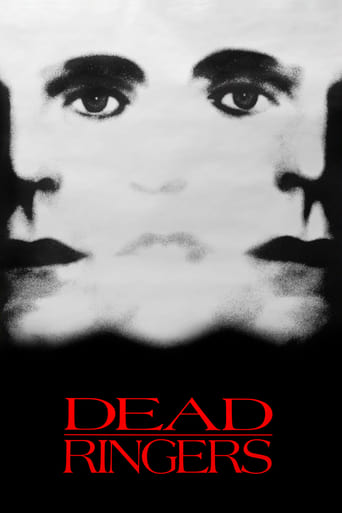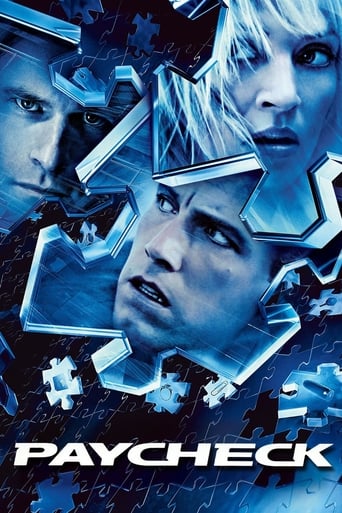Blind Beast (1969)
A blind sculptor kidnaps an artists' model and imprisons her in his warehouse studio – a shadowland of perverse monuments to the female form. Here a deranged passion play of sensual and sexual obsession is acted out in world where sight is replaced by touch.
Watch Trailer
Cast


Similar titles
Reviews
Far from Perfect, Far from Terrible
A story that's too fascinating to pass by...
The film creates a perfect balance between action and depth of basic needs, in the midst of an infertile atmosphere.
The movie's neither hopeful in contrived ways, nor hopeless in different contrived ways. Somehow it manages to be wonderful
The career of Japanese director Yasuzo Masumura is littered with provocative and disturbing gems which plunge the viewer into the shadow of civilisation to explore the darkest, most twisted, aspects of the human condition. 'Manji' (1964) tells the story of a lesbian love-triangle, dark wartime romance 'Red Angel' ('Akai Tenshi', 1966) is epically bleak, and 'Irezumi' (1966) is a story of bitter vengeance wrecking a woman's soul. However, even among such subversive company 'Moju' ('Blind Beast', 1969) is not only the most bizarre and freakish in his oeuvre, but one of the most psychologically disconcerting films in cinema. An adaptation of the story of the same name by famed Japanese mystery writer Edogawa Rampo, whose stories were known for what became known as "eroguronansensu", ("eroticism, grotesque, nonsense"), 'Blind Beast' begins with a young model called Aki (Mako Midori) who is soon abducted by Michio (Eiji Funakoshi), a blind sculptor with an obsessive fetish with exploring the female form through the sense of touch. He takes her to his warehouse, which has been grotesquely adorned with various sculptures of over-sized female body parts (lips, eyes, breasts) and a centre-piece of a giant nude, where a bizarre sado-masochistic exploration of their respective psyches is undertaken.It is surprising and refreshing that, in a cultural landscape that has made torture porn a mainstream genre, a film like 'Moju' still manages to unnerve, and indeed does so in a deeper, more penetrating way, than any gore-laden splatter flick. What makes the film so unsettling for me is that the psychology of the characters is so rich with different layers of perversity that the boundaries that define each of them shift throughout the film before finally merging in an infernal, transcendent symbiosis which collapses the distinction between Michio and Aki, captive and captor, as well as pleasure and pain.However, while the grotesque eroticism of the film's bizarre premise is by itself discomforting, the cinematography and music are equally haunting and evoke a surreal, nightmare ambiance which captures the claustrophobic internal landscape of the characters perfectly. All told, the film is a compelling hallucinogenic journey through a realm of taboo and, while it may not appeal to all tastes, is certainly recommended for those with a fascination with the darker aspects of the human heart as well as those that enjoy films with genuine artistic aspirations rather than films that merely wish to entertain.
My response to this movie is a little different than others I've read. Many point to themes like sadomasochism, the cruelty of art, and addiction. However, no one seems to have noted the rather obvious moral. In fact, the movie constantly tells viewers how to interpret its symbolism. Far from subtle, it bludgeons us with the desired interpretation with the same force Michio uses to drive his sculptor's knife through his model's limbs. It is a cautionary coming-of-age tale that enacts a distinctly Japanese version of the Oedipal myth in which the son must overcome his mother rather than his father (there are no fathers here).The blind Michio is incomplete. As the model Aki tells him, he is not a real man but a momma's boy, a child who still sleeps with his mother (which he does). His mother has done everything in her power to preserve Michio's infantile dependence. She helped him build the cavernous warehouse and fill it with the grotesquely bizarre sculptures of female body parts. The model Aki quickly realizes these are just more symbols of Michio's infantilism. Michio reacts with stunned recognition when Aki points out to him that he has made the figures so large because they represent his childish perspective. To a certain extent, Aki lessens Michio's blindness by repeatedly opening his eyes to the reality of his situation.Aki's mother, on the other hand, will go to any lengths to preserve Michio's blind reliance on her. She is more than willing to participate in kidnapping and perhaps worse to provide him a new plaything. Indeed, without this accomplice, Michio could never have captured or held Aki. After Michio has chloroformed Aki, his mother leads the way back to the den and guards the door to prevent Aki's escape. However, when Aki starts to become more than a toy to Michio by awakening his romantic and sexual desires, she threatens the mother's dominance.Again, Aki offers the interpretation of what must follow. She promises to have sex with Michio, even marry him, but only if he will break totally with his mother. In effect, she tells him that to become a man he must reject his mother and assert his mature sexuality with her. She adds that any good (Japanese?) mother would welcome such a change in her son. This sets up a literal tug of war between Aki and the mother for Michio's affection. The seductive Aki stands on one side of Michio exhorting him to choose her in return for her sexual favors, and the mother pulls at him from the other side, warning Michio that Aki is a lying slut who will betray him. The symbolic psychological triangle was so explicitly rendered that I couldn't help but laugh out loud as Michio repeatedly knocks his mother to the floor during this struggle. Then the mother pulls out the big guns, reminding Michio of all her sacrifices in bearing, birthing, and raising him. But Michio fires back with the ultimate guilt trip, accusing his mother of being the cause of his blindness. With one final shove, Michio ends his psychological struggle by knocking his mother against a pillar, after which she dies from the blow to her head.Michio has literally and figuratively broken the triangle and started on the path to manhood by choosing Aki and an adult sexual relationship. But he doesn't stop there. With the mother no longer blocking the door, Aki believes she can now escape her blind captor. She bolts, but Michio intercepts her. No longer needing his mother to control Aki's feminine assertiveness, Michio drags Aki back into the sculpture gallery and rapes her on top of the gigantic nude sculpture. Earlier, Michio had asked Aki why she agreed to pose nude for a photographer but refused to allow him to feel her body so he could sculpt it. She replied that the photographer was a famous and respected artist who presented her in a way she wanted to be viewed, as the image of the "new woman." In fact, the photographs depicted her in various states of naked bondage. Michio now explicitly forces Aki to accept the traditional role of women in Japanese culture that the photographer only symbolically portrayed -- as an utterly submissive sex object.Interestingly, it is only when Michio begins to physically abuse Aki that the director Masumura allows the viewer to enjoy Aki's full sexuality, exposing her breasts for the first time in live action (they were also visible at the beginning of the movie in the portraits exhibited by the photographer, another "real" man). Once violently subjugated, the formerly willful Aki not only accepts the submissive role but embraces it to such an extreme that she adopts Michio's disability, becoming blind herself and symbolically accepting his view of the world. She encourages him to beat and mutilate her, and she ultimately allows him to objectify her totally by dismembering her. She becomes like the sculpted body parts that adorn Michio's world, another product of his artistic vision.With Aki dead, Michio also commits suicide and validates his mother's warning. The mother had cautioned that Michio did not know the real world. Once Michio leaves the safety of her symbolic womb for the path to manhood, his end is inevitable. Maturity ultimately means death. So we're left with a very transparent rendering of a basic maturation myth with some peculiarly Japanese elements. To become a man, a boy must reject his umbilical dependence on women and take on the dominant role. Independent women, on the other hand, are seductive charlatans (except for you, Mom). To be proper members of society, they must submit totally to the desires of men. And of course, sex, as always, equals death for both, but neither has any choice but to accept it as an inevitable consequence of growing up. Obviously, Blind Beast is a feminist's allegorical nightmare. Nevertheless, it is a fascinating rendering of an archetypal story.
Aki(Mako Midori)is a famous model for an artist who frames her in all forms of sadomasochism such as being nude within tied ropes and buckled chains. A friend of that artist actually sculpted Aki's body with which, through gossip, beckons a blind sculptor to the gallery. Aki finds this man, Michio(Eiji Funakoshi), fondling the statue with extreme delicacy, touching every part with passion and care. Later, Michio uses a false identity in getting a job as a masseuse so that he can get into Aki's apartment. As he massages her, Michio can not resist groping her private no-no areas and is told to leave. What Aki doesn't expect is Michio using a drug to knock her out as his mother assists in a kidnapping. Aki awakes inside Michio's own personal gallery where plaster casts of body parts, he has felt through various encounters with women, protrude from the walls creating a creepy surreal landscape. Aki tries desperately to escape, but the only door is locked and encased with iron. She will not be allowed to leave unless she poses for what he confirms will be his greatest sculpted work..he wishes to feel her body inch for inch and sculpt it. Aki simply wishes to leave, but even when she almost escapes his clutches, Michio's mother(Noriko Sengoku)prevents her from fleeing. Seeing very few chances for freedom besides being his model, Aki will use manipulation, through sexual advances to virginal Michio(while also tapping into the mother's obsessive love for her son, the only male she has had close contact with over the years)to separate the son from his mother. Mother loathes Aki and sees her as nothing but a slutty harlot who uses her nakedness for greedy pay-off. Aki still just wishes to leave, but Michio slowly grows more and more obsessed with her pushing away the mother who has taken care of a blind child by herself for many, many years. The shattered relationship ends in a scuffle and tragedy as the mother tries to kill Aki with Michio interfering.The more notorious portion of the film is the last 30 minutes as Aki will be raped and sodomized by a vengeful, heartbroken Michio who realizes that his beloved model was merely deceiving him so that his relationship with mother would deteriorate offering her a possibility of escape. Not allowing Aki to leave, they slowly bond through animalistic, continual sex which descends more and more into sadomasochism and violent depravity..or as Aki put it, "..descent into a nonhuman abyss." It starts through biting into each other's skin, grows into being tied up by rope and whipped, before descending into bruising and knife-stabbing. They even drink each other's blood from the knife-wounds. But, the magic of this disturbing tale is that director Yasuzo Masumura doesn't really show you anything much..he uses the sounds of the objects hitting and penetrating the flesh creating the act in your own mind. Seeing somewhat normal people grow more and more mad(Aki even goes blind!)through the pleasures of pain as they stretch the boundaries of what the human anatomy can take is the raw power of this film. The warehouse gallery is quite a bizarre, unusual, yet poetic setting for this groundbreaking masterwork.
Firstly, it's worth pointing out that this film is a somewhat rare example of me completely disagreeing with conventional star ratings. I notice that this was ranked ** by the MPAA, and I found myself disagreeing more and more as I watched. This movie isn't some dull, barely plausible piece of work; on the contrary, it's a masterpiece. The acting was riveting, the plot sublime. It was a full-cycle tragedy, intense in its creepiness, its high-strung emotion, and the perverse way in which it ultimately made so much sense to the demented, severely compromised victim and her sympathetic audience. The beauty of this work probably lies way in which nothing obscene or gory is ever shown; like a good novel, the worst bits are left to the reaches of your own imagination, and the story is poetically executed about them, without any crude excesses. I think the cultural impact of this film is vast. Presented with a world of ecstasy, no human would ever want to return to their own world; the illicit and often tragic hedonism of society is often ignored as well. Tendencies like sadism and masochism, not to mention other addictive patterns, are ridiculed in culture, yet quite common and pervasive in their milder forms. Anyone approaching this as a piece of softcore porn will find themselves feeling conflicted instead. This is a piece of art; by its very definition, it evades pornography. The intimacy of this film is compelling. Approach it with an open mind...it implores that you accept its convoluted approach. The real horror of this film will exist in your understanding, not your dismissal and revulsion.

